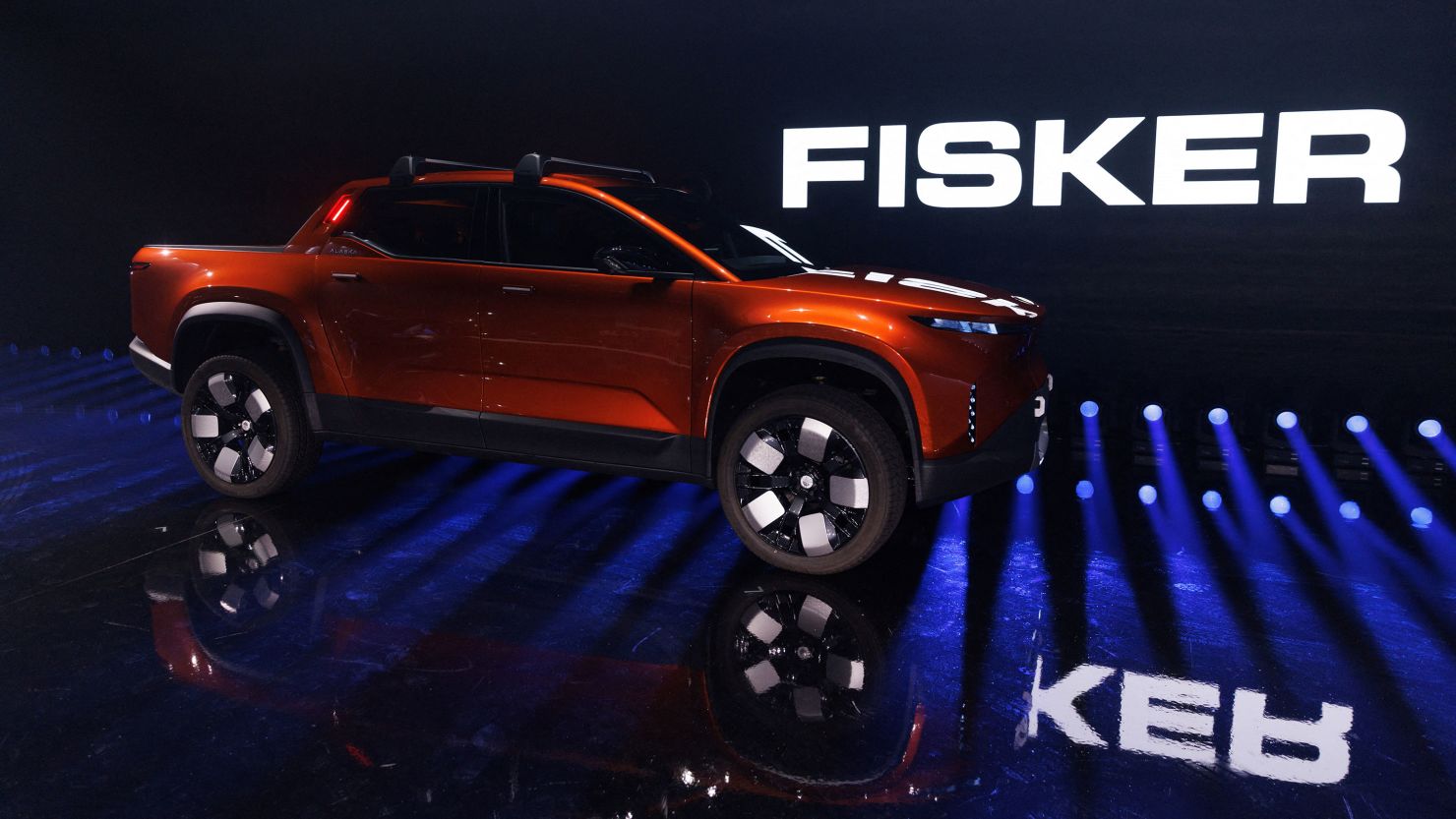In a distressing yet unsurprising move, Fisker, the electric vehicle startup once hailed as a potential market disruptor, has executed another substantial round of layoffs, casting further doubt on its ability to navigate an increasingly tumultuous financial landscape.
The company’s recent decision to slash its workforce was disclosed during a virtual meeting, leaving only 150 employees across its various departments. This marks the third consecutive month of significant job cuts, highlighting a troubling trend of instability within the company.

The Downward Spiral of Fisker Stock
Fisker’s stock has been on a precipitous decline, exacerbated by its delisting from the New York Stock Exchange and subsequent trading volatility. Over the past six months, the company’s stock value has plummeted by more than 96%, reflecting investor concerns and diminishing confidence in the company’s financial health.
The ongoing workforce reductions are part of a broader strategy to reduce costs in the face of severe financial pressures, but they also raise critical questions about the viability of Fisker’s business model and prospects.
According to a recent report by TechCrunch, the company’s CEO, Henrik Fisker, disclosed during the meeting that the layoffs were influenced by demands from a major investor represented by a chief restructuring officer. This investor, linked to Heights Capital Management, has been pushing for aggressive cost-cutting measures to stabilize the company’s finances.
However, the identity of the primary investor behind the company’s convertible debt investment remains undisclosed, adding an element of mystery and uncertainty to the proceedings.

Wall Street Turns Its Back
The investor community’s response to Fisker’s ongoing struggles has been overwhelmingly negative. Recent analyses indicate a massive withdrawal of institutional support, with net 13F exposure dropping nearly 95% in the first quarter of 2024 alone.
This stark reduction highlights a broader disengagement from the company’s stock, suggesting that even retail investors are starting to shy away from the beleaguered company.
The Uncertain Road Ahead
Looking forward, the outlook for Fisker remains grim. The continuous shedding of its workforce and the scaling back of direct sales operations are symptomatic of a company desperately trying to keep its head above water.
Other small-cap electric vehicle stocks, like Mullen Automotive, may also face similar challenges, but for now, they seem to be on slightly more stable footing than the brand.

Investor Caution Advised
The saga of Fisker serves as a cautionary tale for investors interested in high-risk, high-reward ventures in the electric vehicle sector. The potential for significant gains exists, but so does the risk of substantial losses, particularly when investing in companies experiencing financial instability and operational challenges.
As Fisker continues to navigate these troubled waters, the broader implications for the electric vehicle industry and its investors remain a topic of intense scrutiny and speculation.
With each passing day, the future of the company and its place in the automotive world becomes more uncertain, serving as a stark reminder of the volatile nature of the tech-driven markets of the 21st century.










